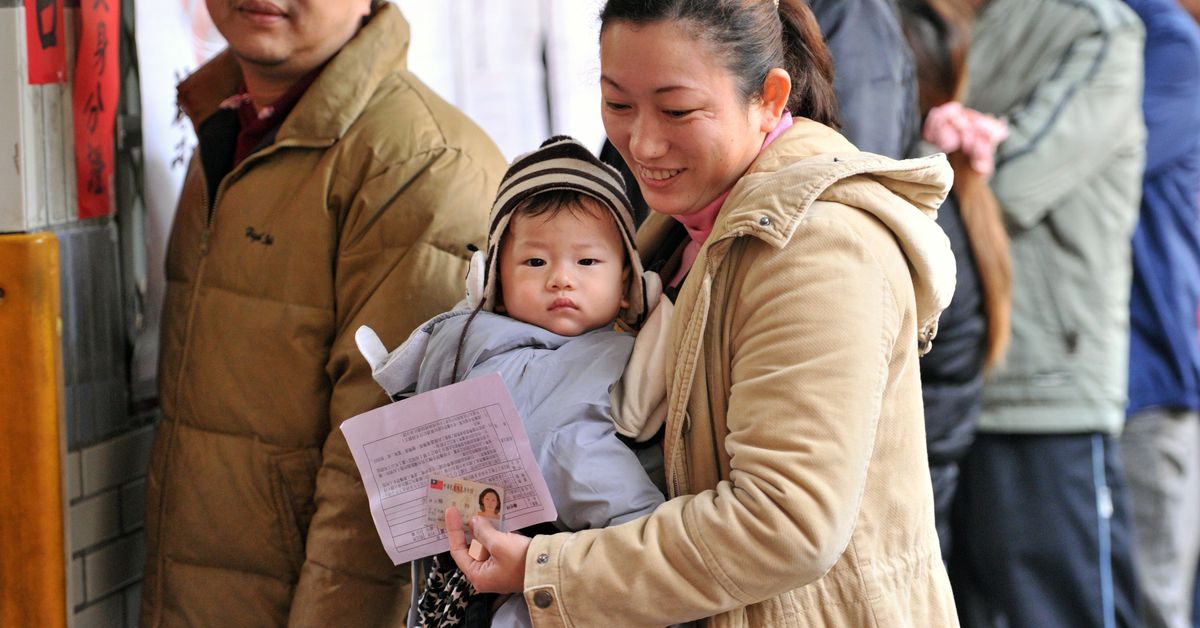These countries tried everything from cash to patriotic calls to duty to reverse drastically declining birth rates. It didn’t work.
…
If history is any guide, none of this will work: No matter what governments do to convince them to procreate, people around the world are having fewer and fewer kids.
In the US, the birth rate has been falling since the Great Recession, dropping almost 23 percent between 2007 and 2022. Today, the average American woman has about 1.6 children, down from three in 1950, and significantly below the “replacement rate” of 2.1 children needed to sustain a stable population. In Italy, 12 people now die for every seven babies born. In South Korea, the birth rate is down to 0.81 children per woman. In China, after decades of a strictly enforced one-child policy, the population is shrinking for the first time since the 1960s. In Taiwan, the birth rate stands at 0.87.



deleted by creator
I’ve noticed some people here practically yearn for disasters because it might hurt the rich. The absolutely staggering collateral damage to everyone else is ignored or waved away. It’s very much a desperate “nothing left to lose” philosophy that’s both sad and scary.
Multiple generations have had all the doors slammed in their faces, and all the ladders pulled up before them. Instead of acting like crabs in a bucket, they’ve decided they would rather have nothing so long as the people who trapped them suffer too. It’s pure spite but can you blame them? I’d probably do the same thing.
You are ignoring the fact that there’s going to be several times the loss in human workers added to the workforce by way of virtual laborers within 20 years.
This is just one of the many recent instances of humans being unable to adequately forecast consequences due to anchoring biases. While we typically see it in the other direction (minimizing increasing risks because of lower historical risk) here it’s something that would have been concerning decades ago but won’t be nearly as risky decades from now.
Maybe the chaebols should stop constantly putting up new apartment blocks now.
deleted by creator
Maybe the evidence is anecdotal, but I’ve lived in Korea for 20 years, and there’s always a huge new, self-contained apartment complex going up nearby. If anything, they’ve ramped up production in that time. While older population centers are left to decline. Maybe not in Seoul which is shoulder-to-shoulder apartment complexes already, but the smaller cities are full of decaying apartment complexes since they put them up, then completely fail to maintain them as they know their market is full of people who will move into the next complex since “gotta have the latest and greatest” is a problem here.
There’s good evidence though. When you drive from Incheon Airport into Seoul, you see a ton of new apartment / condos going up. Every time I visit, I see more and more buildings put up.